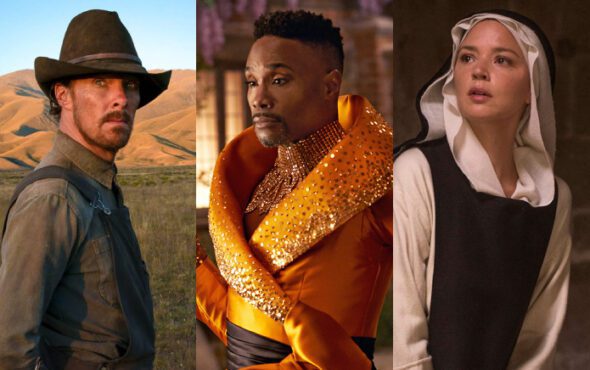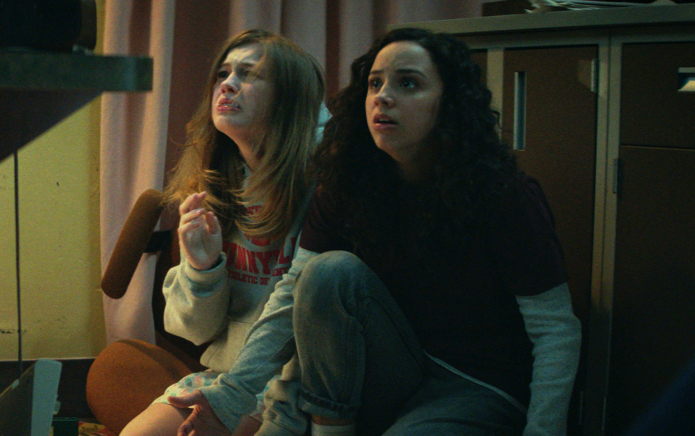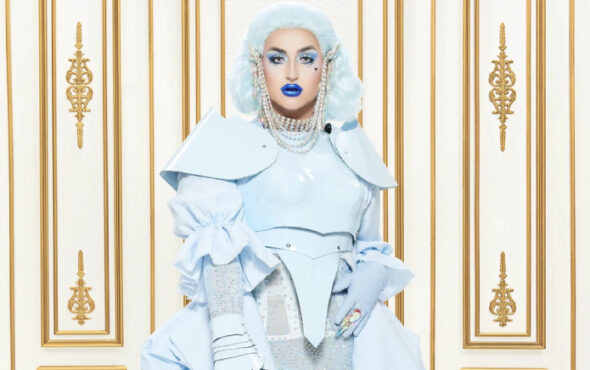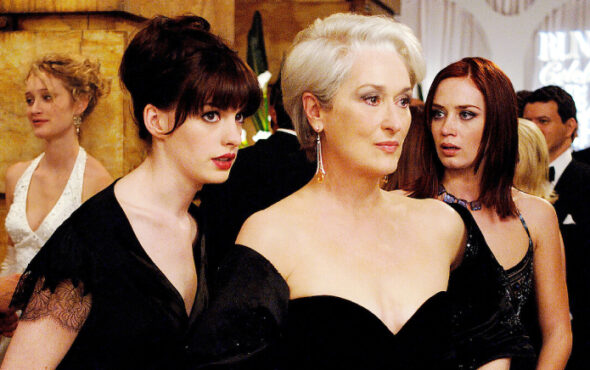
According to GLAAD’s 10th annual Studio Responsibility Index (SRI), there was a decrease in the percentage of LGBTQ+ visibility in films last year.
The report “maps the quantity, quality, and diversity of LGBTQ characters in films released by the seven film studio distributors that had the highest theatrical grosses from films released in the 2021 calendar year.”
The distributors that the SRI analyse are as follows: The Walt Disney Studios, Warner Bros., Lionsgate, Paramount Pictures, Universal Pictures, Sony Pictures, and United Artists Releasing.
Only 20.8 percent (16 out of 77) of films in 2021 included LGBTQ+ characters. Although this is an increase from the previous year, with 10 out of 44 films containing LGBTQ+ characters in 2020, the overall percentage was lower (22.7%).
The report also tracked “the quantity, quality, and diversity of LGBTQ characters in the year’s slate, as well as actions from the studios and parent companies that either supported or harmed the LGBTQ community.”
GLAAD’s “good” and “excellent” ratings were not awarded to a single studio, with both Lionsgate and Paramount receiving “failing grades” while Warner Bros got “poor”. The remaining studios were rated “insufficient”.
With 69 percent of LGBTQ+ inclusive films in 2021 featuring a majority of white gay men, the SRI also discovered that narratives for the lesbian, bisexual, trans and non-binary experiences are still being discounted.

2021 featured 28 LGBTQ+ characters, 19 of which were men. Out of the 16 films, only 25 per cent (four out of 16) included lesbian characters and a measly 12 per cent (two out of 16) had bisexual representation.
Trans women and non-binary characters, as well as those living with HIV or neurodiversity, were not represented at all.
As for the racial diversity of the 28 LGBTQ+ characters, 17 were white (61 percent), five were Black (18 percent), two were Latinx (seven percent), two were Asian/Pacific Islander (seven percent), one was multiracial (four percent), and one was Middle Eastern (four percent).
This marked a one percent decrease from the previous year, although it was an increase of three characters. 2017 still holds the record for LGBTQ+ characters of colour with 57 percent.
The SRI has started evaluating LGBTQ+ stories with the Bechdel Test-inspired Vito Russo Test, which analyses whether the inclusion of LGBTQ+ characters within the narrative actually “matters”.
Of the 16 films, GLAAD found that nine of them (56 percent) passed the test. It marked a dramatic decrease from 2020 (90 percent).
On a more positive note, GLAAD counted a transgender character in a major studio release for the first time in five years with Anybodys from Walt Disney’s West Side Story.
GLAAD CEO & President Sarah Kate Ellis said in a statement: “At a time when the LGBTQ community is under unprecedented attacks, it is more important than ever to hold studios and corporations accountable as businesses remain the most trusted entity in the U.S.
“This new addition to our methodology tracking corporate actions makes it clear that entertainment and media companies need to expand beyond onscreen representation.

“LGBTQ people deserve to have positive representation reflected in cinemas around the world, and to know that the people and companies who make and market LGBTQ-inclusive films unequivocally stand up for LGBTQ folks.”
Despite the overall decrease in LGBTQ+ representation, Megan Townsend – GLAAD’s Director of Entertainment Research and Analysis – said the organisation has seen “exponential growth” in the last 10 years.
“Yet there still remains so much work to be done in Hollywood,” she explained.
“There are so many parts of our community – bisexual+ people, those living with HIV, LGBTQ characters with disabilities, and transgender people, to name a few – that have yet to see themselves fully reflected on the big screen.
“As we look to the next ten years, these stories must become a priority if studios want younger and more diverse generations to continue to support and engage with their storytelling.
“Our GLAAD Media Institute is working as a partner to studios every day to advance these meaningful narratives which change culture.”
You can read GLAAD’s full SRI report for 2021 here.



